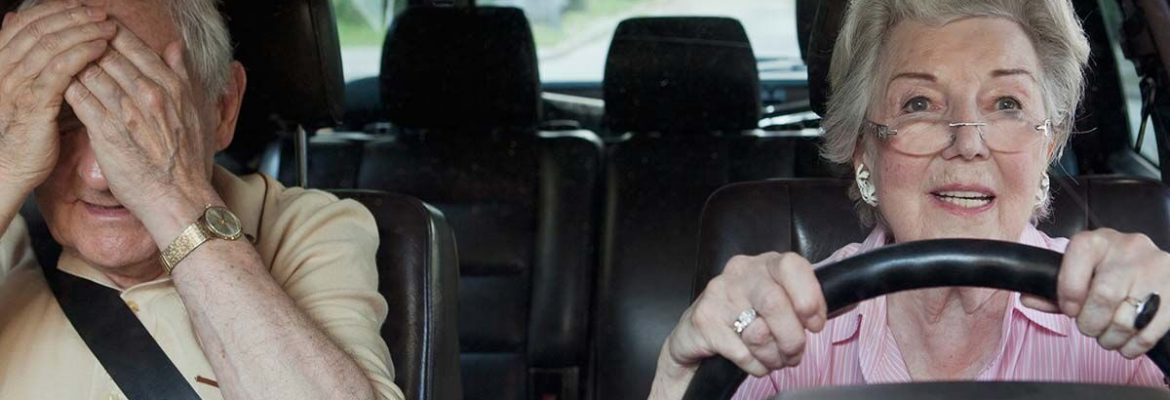Five red flags in a person’s driving that could be signs for dementia
What is dementia?
Dementia is an umbrella term for a range of conditions related to progressive brain decline.
Most people instantly think of memory loss when it comes to the mind-robbing condition, but this is not always the first warning sign.
According to Dr Adam Moreton, Consultant Older Adult Psychiatrist at Pall Mall Medical, red flags can also appear when you drive.
The reason why the brain condition can impact this activity comes down to the disease affecting your cognitive and motor skills, which are necessary for safe driving.
Dr Moreton told Express.co.uk: “It’s important to note that some individuals with dementia may not recognise their driving difficulties and may resist giving up their driving privileges.
READ MORE Popular medication could cut the risk of Alzheimer’s disease by 60 percent

“Recognising these signs early and addressing the issue is critical to ensure the safety of the person with dementia and other road users.”
The doctor recommended looking out for the following red flags:
- Impaired decision-making
- Reduced spatial awareness
- Difficulty with directions
- Slower reaction times
- Difficulty understanding traffic signals.
Don’t miss…
Popular medication could cut the risk of Alzheimer’s disease by 60 percent[LATEST]
Doctor shares ‘early’ signs of dementia that appear when you do house chores[SIGNS]
Sitting for long periods could hike your dementia risk, new study finds[STUDY]

- Advert-free experience without interruptions.
- Rocket-fast speedy loading pages.
- Exclusive & Unlimited access to all our content.

Once you notice these signs in yourself or a loved one, the doctor recommended making an appointment with a GP.
He said: “If you suspect that you or a loved one has dementia, it’s important to speak to a healthcare professional to assess and diagnose the condition.”
Dr Moreton also advised making a list of symptoms you have noticed and when they started before the appointment.

“This will help ensure that you can provide as much information as possible during the visit,” he added.
Apart from driving issues, the NHS recommends looking out for the following “early” signs:
- Memory loss
- Difficulty concentrating
- Finding it hard to carry out familiar daily tasks, such as getting confused over the correct change when shopping
- Struggling to follow a conversation or finding the right word
- Being confused about time and place
- Mood changes.
Source: Read Full Article
